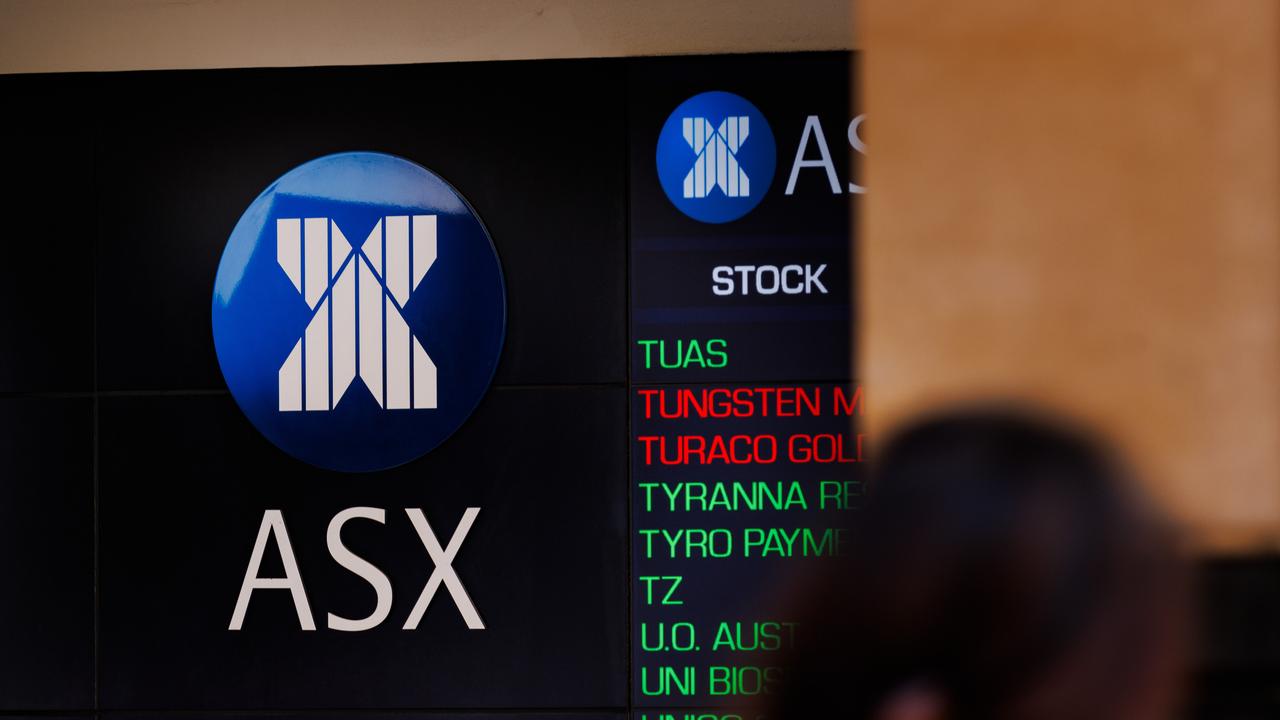Real estate director’s ‘stop blaming landlords’ comment sparks housing affordability debate
A leading real estate CEO’s comments defending “greedy landlords” have divided Australian renters online.
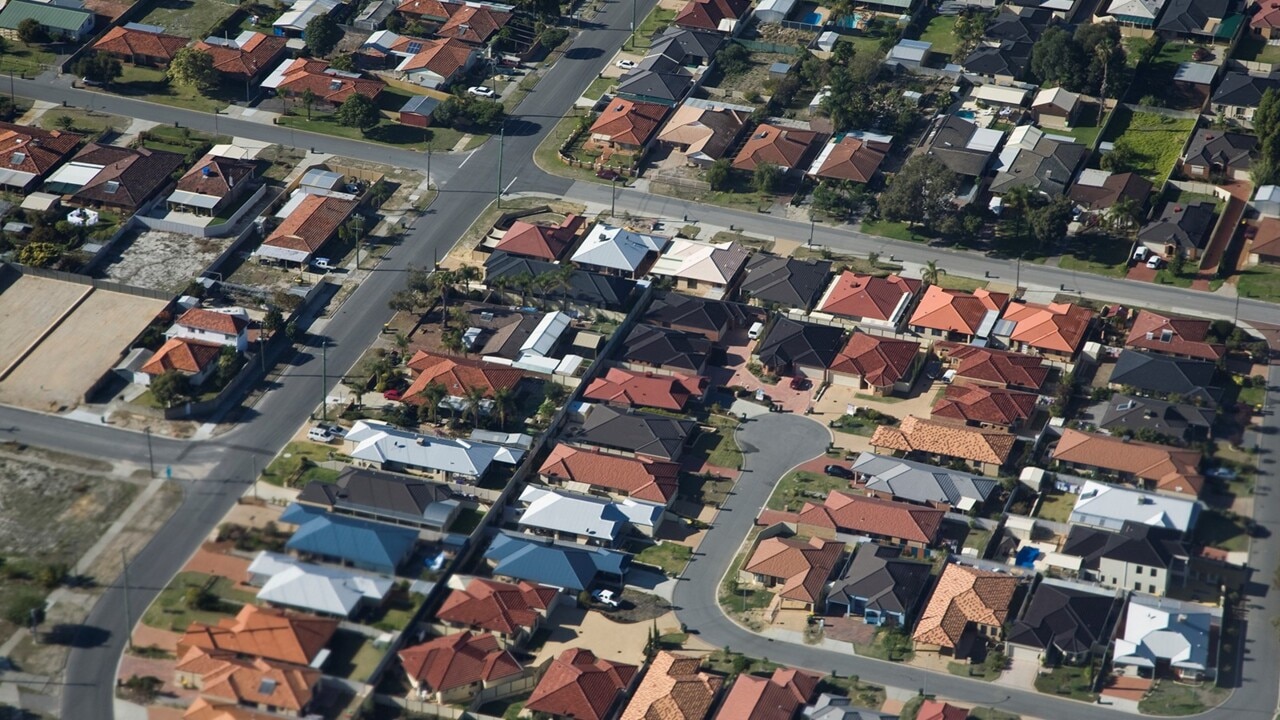
Business
Don't miss out on the headlines from Business. Followed categories will be added to My News.
One of Australia’s best known real estate bosses has divided the nation by defending “greedy landlords” as further rent increases loom.
Leanne Pilkington, CEO and director at Laing+Simmons, is calling on Australians to “change the narrative” when it comes to blaming investors for the nation’s housing affordability crisis.
In a post on LinkedIn, Ms Pilkington said investment property owners are entitled to a “market return” and shouldn’t be criticised for how they choose to invest.
“The rental crisis is hitting our cities, as well as our regional and coastal locations badly and impacting the people that can least afford it – but please stop blaming landlords – without them investing in private rentals the situation would be even worse than it already is,” she said.
Instead, the well-respected property commentator is calling on the federal government to do more to make social housing more affordable and available, arguing it’s not the responsibility of landlords to be doing this.
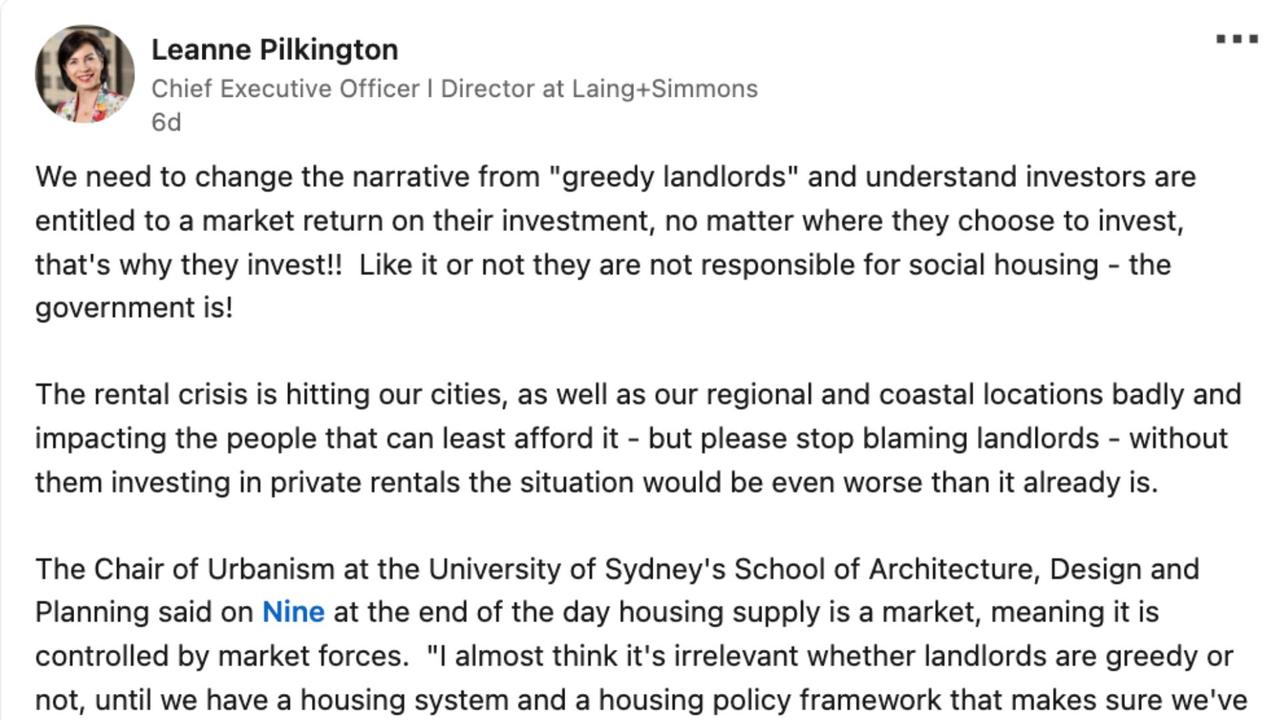
But not all were on-board with Ms Pilkington’s comments, with some of her followers arguing investments come with “risks” and therefore landlords shouldn’t be entitled to a return.
“If I make an investment in the stock market and the price or dividends drop due to a change in regulation within the market of the company I have invested in, I wear that loss,” one business owner said.
“The reality is that for many Australians, what was once a goal to own a home is now a pipe dream.”
A general manager at an insurance firm also wrote that while the government is partially “to blame” for Australia’s housing affordability crisis, landlords driving up house and rental prices are only “adding to the suffering” of less wealthy Australians.
“Renters don’t want to rent, they want to live in an affordable house. They continue to rent because they need to save for a deposit on a price which is outstripping wage inflation,” they said.
Meanwhile, a concerned NSW resident highlighted a different problem arising due to greedy property owners, noting high vacancy rates in their area was impacting supply and demand.
“What’s in it for property owners to keep their properties vacant? I am in an area of Sydney where there’s a rental crisis. Every weekend we see lines of 80-100 people queuing up to view soulless shoebox apartments,” they commented.
Have a story? Get in touch – rebecca.borg@news.com.au
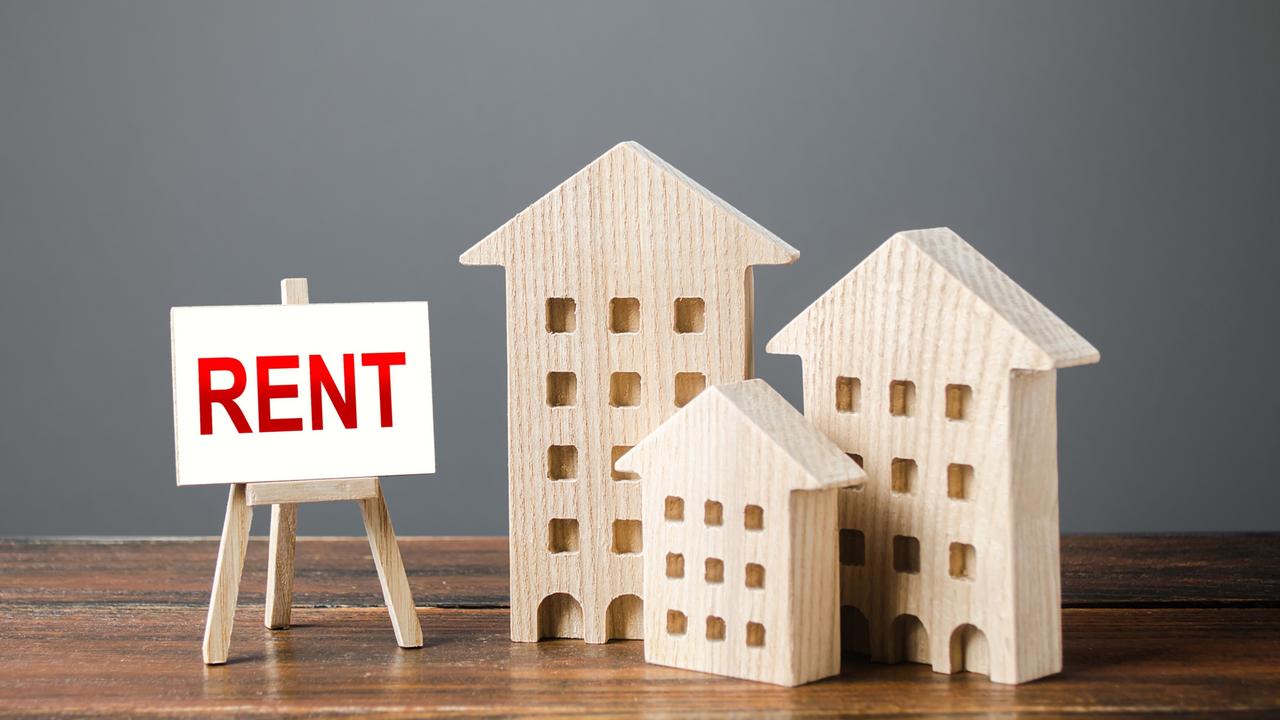
Rent increases nothing new
According to property market insight platform PropTrack, advertised rental prices rose by 6.7 per cent last year, up from an increase of 4.7 per cent in 2021.
In the December quarter, those living in the ACT paid the highest median rent for houses, units and dwellings, followed by Sydney and Darwin.
Meanwhile, the national median rent for a house is $500, $460 for a unit and $480 for a dwelling.
Maiy Azize, national spokesperson for Everybody’s Home, said rent increases aren’t new, noting prices have soared every year for the last 20 years with the latest hikes “completely unconnected” to rising interest rates.
“The reality is that we have a system that relies on landlords being nice people … That’s absolutely not how you run a system for an essential service like housing,” she told news.com.au.
“If you have a system that allows legally a landlord to increase the rent by $12,000 a year, then those things are going to happen. It doesn‘t actually matter whether most landlords are nice … you shouldn’t actually be relying on them to be nice.”

Instead, Ms Azize is calling on landlords to not give into the “vicious cycle” of arbitrarily raising their tenant’s rent and to do their part in keeping rental rates as low as they can.
Ways landlords can open the door to affordable housing include “(agreeing on) longer leases, more fixed periods where there aren’t rent increases and no unfair rent increases”.
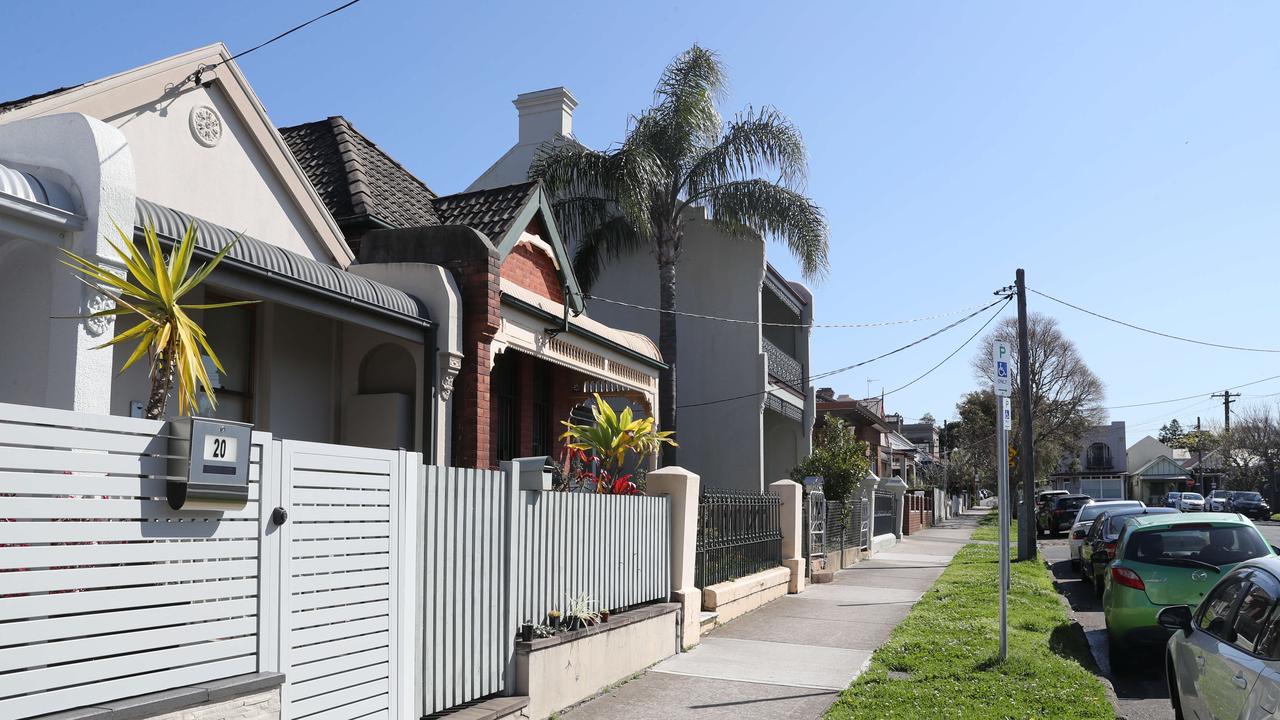
While Ms Azize is encouraging landlords to play a role in resolving the country’s housing affordability crisis, she agrees with Ms Pilkington that the government needs to make social housing more available.
“We really need for the state and territory governments around the country to limit unfair rent increases or ban unfair rent increases … so that’s one thing they could be doing,” Ms Azize said.
“But the biggest thing that the federal government could be doing is actually investing in social and affordable housing.”
“We have a huge shortfall across the country of 500,000 social homes, and the government really needs to fill that backlog if they want to be less dependent on small-time landlords to provide affordable housing.”
Do you know more? Get in touch – rebecca.borg@news.com.au
Originally published as Real estate director’s ‘stop blaming landlords’ comment sparks housing affordability debate






